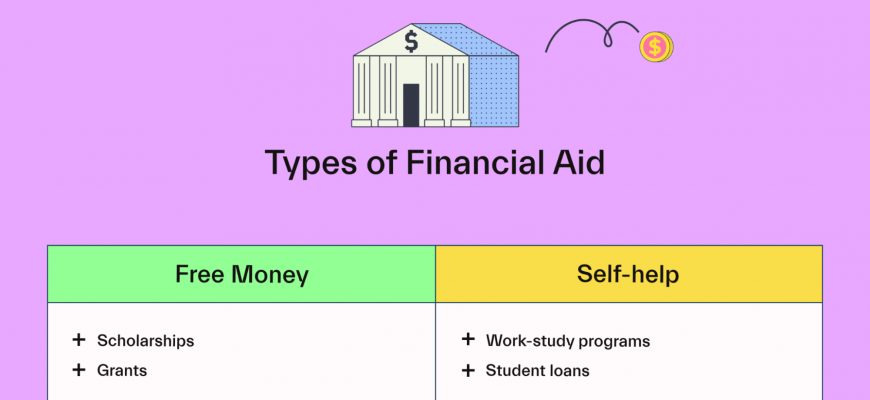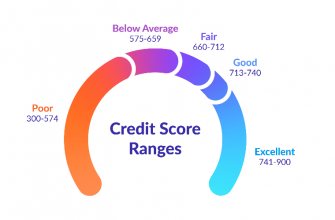Is FAFSA No Longer Funding Your Education? Exploring the Reasons Behind Financial Aid Changes
Many students and families often wonder about the nuances of financial assistance programs and what various conditions might affect their eligibility. Navigating the landscape of aid options can be complex, and it’s essential to understand how certain circumstances can influence the availability of funds. Knowledge about these factors can help prospective students make informed decisions regarding their education financing.
As students progress in their academic journeys, changes in personal situations or institutional policies can impact the support they receive. It’s crucial to stay attuned to these variations, as they can significantly alter the amount of aid one might expect or continue to receive. The world of educational financing is not static, and staying informed is key to ensuring that you maximize available resources throughout your studies.
This article delves into the various aspects that can affect ongoing financial support, shedding light on what students should keep in mind to maintain their eligibility. By understanding these potential hurdles, learners can proactively address any issues that might arise and enhance their chances of securing the funding necessary for their educational goals.
Understanding Funding Limits
When it comes to securing financial aid for higher education, it’s important to grasp the limitations that might affect the amount you can receive. Various factors play a role in determining the available resources, and being informed about these can help you better navigate your financial planning.
First off, eligibility criteria can significantly impact the total assistance amount. Factors such as income, family size, and the number of siblings in college all come into play. Institutions also have their own guidelines, which could affect how much support you can actually receive. It’s wise to stay updated on these requirements to ensure you maximize your potential funding.
Additionally, awards tend to have a ceiling determined by the cost of attendance at your institution. This figure includes tuition, fees, room and board, and other associated expenses. If the combined financial aid exceeds this limit, you may need to seek alternative funding sources or reconsider your budget.
Another crucial aspect is the renewal process. Many aid programs require annual applications, and changes in your financial situation could lead to variations in assistance levels. Staying organized and proactive in reapplying can safeguard your funding status.
Lastly, different educational programs might offer variable amounts of support. Understanding the landscape of financial assistance available for your specific field of study is vital. Taking the time to explore all possibilities can really pay off in the long run.
Criteria for Financial Aid Eligibility
Understanding the requirements for financial assistance can be a bit overwhelming, but it’s essential for anyone pursuing higher education. Several factors come into play when determining who qualifies for support, and these can vary significantly. By grasping what attributes are considered, students can better navigate the application process and enhance their chances of receiving aid.
First and foremost, your enrollment status plays a crucial role. Typically, aid is available for those enrolled at least half-time in an eligible program. Additionally, your financial background is scrutinized, as the aim is to assist those with greater need. This involves evaluating your income, assets, and family circumstances.
Moreover, citizenship status is another key consideration. Generally, applicants must be U.S. citizens or eligible non-citizens to be in the running for assistance. Academic performance is also significant; maintaining satisfactory academic progress is often a requirement to continue receiving funding. Each institution may have specific guidelines, so it’s advisable to check with your school directly.
Lastly, don’t forget about deadlines! Timely submission of your application is essential, as funding can be limited and awarded on a first-come, first-served basis. Keeping these criteria in mind will help streamline your access to financial resources for your educational journey.
Impacts of Academic Performance on Aid
Academic achievements play a significant role in determining the financial support a student receives. Institutions often emphasize the importance of maintaining a certain level of scholastic performance to ensure continued eligibility for assistance. This relationship between grades and funding can have a profound effect on a student’s educational journey.
Consistency in grades directly influences the likelihood of obtaining resources to further one’s studies. Many programs have specific criteria that require students to uphold a minimum GPA. When performance falls below this threshold, access to various types of funding may be affected. It’s not uncommon for institutions to review academic records periodically to assess whether recipients meet these conditions.
The implications of subpar performance extend beyond just funding eligibility. Students struggling academically might find themselves under added pressure, which can further impact their studies. Balancing the demands of coursework and financial obligations becomes crucial, as falling behind in grades could lead to a cycle of stress and diminished support that could have otherwise aided their education.
Ultimately, the connection between academic success and financial assistance highlights the critical nature of maintaining strong study habits. With so much at stake, students are encouraged to seek resources such as tutoring or academic counseling to enhance their performance, thereby safeguarding their potential for continued funding opportunities.









